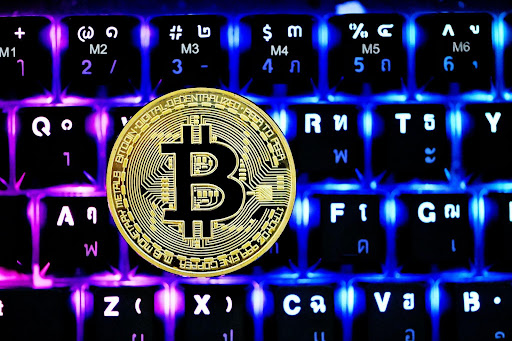The world of cryptocurrencies is somewhat similar to the Wild West – a frontier of untamed potential and unpredictable outcomes. However, as the ecosystem evolves, so too does the call for more defined regulations. The International Organization of Securities Commissions (IOSCO) has recently proposed a global approach to regulating cryptoassets and digital markets, signaling a possible turning point for the industry. It’s not to be without controversies, as the crypto market’s lack of regulation is often seen as one of its biggest draws to potential users and investors.
Table of Contents
Understanding the Landscape
Before we delve into the proposed rules, it’s important to understand the landscape. Cryptocurrencies, such as Bitcoin and Ether, have turned traditional financial systems on their heads, with their decentralized nature and potential for high returns. Yet, the global influence they hold has been subject to varying degrees of regulation, depending on the jurisdiction. This inconsistent approach has presented challenges, particularly in cases like the collapse of the FTX exchange at the tail end of 2022, which sparked major concerns over consumer protection.
The Case for Global Rules: IOSCO’s Stand
To address concerns and industry demands for unified regulations, IOSCO has proposed a global approach to regulate the cryptocurrency market, which would be a first of its kind. The goal is to create a more secure, fair, and efficient environment for all stakeholders involved.
Jean-Paul Servais, the chair of IOSCO, said in a press conference that the “crypto business has been allowed to grow on a flawed basis and it has to be corrected.” Given the risks associated with cryptocurrencies – from market manipulation to operational hazards – Servais’ words emphasize the need for regulatory change.
The Proposed Standards
IOSCO’s proposed standards aim to cover a range of issues the industry is currently facing. They include dealing with conflicts of interest, combatting market manipulation, improving cross-border regulatory cooperation, ensuring the secure custody of crypto assets, mitigating operational risks, and improving the treatment of retail customers.
Haydn Jones, the global lead of blockchain and crypto solutions at Kroll, has echoed the benefits of such a framework. Jones stated that this framework could help curb criminal activity that has so far been able to proliferate due to the lack of consistent regulation. It’s hoped that the implementation of the IOSCO’s standards will enable everyone to benefit from the technology underlying crypto; after all, the technology was designed to be universally accessible.
Implications for Cryptocurrency Use in Different Industries
While the conversation around crypto regulations primarily revolves around its financial implications, it’s crucial to remember that crypto, particularly Bitcoin, has permeated various industries.
To take just one example of such an industry: the online gambling sector. In recent years, Bitcoin casinos have become increasingly popular: you can find more information here. These platforms leverage the anonymity, speed, and ease of use provided by cryptocurrencies, creating a unique gambling experience.
As well as the online gambling industry, Bitcoin is also making waves in the real estate sector. More and more property sellers are accepting Bitcoin as a payment method, which is hardly surprising given its fast, secure transactions.
Yet, under a globally regulated framework, such businesses could see significant changes. While it’s difficult to predict exact outcomes, increased regulation could bring about improved security measures and stricter oversight. This could possibly enhance consumer protection and ensure fairer practices, potentially raising the credibility and acceptance of Bitcoin casinos and other crypto-centric services. In the real estate sector, regulatory compliance could potentially lead to a wider adoption of Bitcoin in the industry. In turn, this could help spur on innovation and change the way we buy and sell property.
The Future of the Framework
IOSCO plans to finalize these standards by the end of 2023, expecting its 130 members across the world to use them to address gaps in their rulebooks. In doing so, it’s hoped that regulations will become standardized across the globe to prevent conflicts and play-offs.
This push towards more comprehensive rules aligns with similar global efforts. The European Union has recently completed its own extensive collection of crypto regulations, so it is hoped that this will compel countries such as the United States and Great Britain to do the same.
Looking Ahead: Decentralized Finance Regulations
But the work doesn’t stop at standardizing rules for cryptoassets and digital markets. IOSCO also intends to issue recommendations for regulating decentralized finance (DeFi) later this year.
DeFi represents a significant evolution in the blockchain space, aiming to decentralize traditional financial services and offer individuals more control over their finances. However, just like other aspects of the crypto world, it also brings new challenges and risks that demand proper regulation.
So, the road to global crypto regulation is complex, and we’re still in the early stages of this journey. As IOSCO’s plan comes into focus, it’s vital for investors and businesses to stay informed and prepared. Change may be on the horizon, but with careful navigation, the potential for innovation and growth within the crypto world remains immense.





